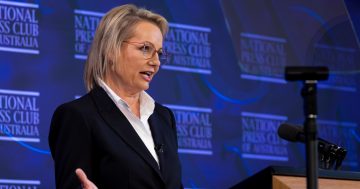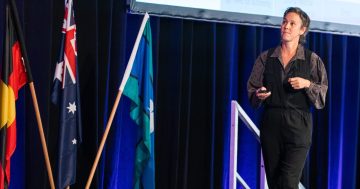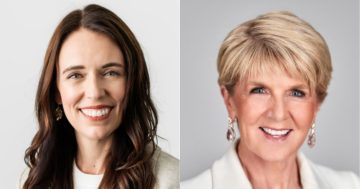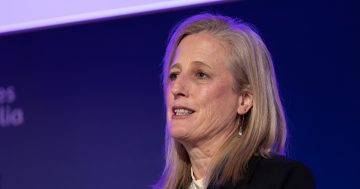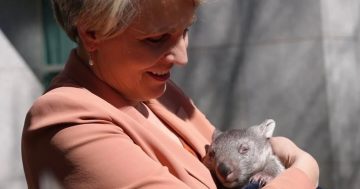Biwa Kwan* says that as female leaders from around the world converged on Sydney for a three-day summit, a new report revealed the countries with the most women in top jobs.
 France and Italy have topped a list of 26 nations that have the most female company directors, according to a new report.
France and Italy have topped a list of 26 nations that have the most female company directors, according to a new report.
The Corporate Women Directors International report found that, by region, Europe leads on the metric of the highest percentage of female board directors of Fortune Global 200 companies.
Europe leads regionally on 32.1 per cent, followed by the Americas on 24.5 per cent, and the Asia-Pacific on 7.4 per cent.
Overall, women accounted for 21.6 per cent of board directors of the Fortune Global 200 companies.
President of the Global Summit of Women, Irene Natividad said the proactive use of gender quotas in 24 European countries accounts for their top performance in the listing.
“Quotas force demand for women in leadership roles because there is a law and deadline [and] companies have to comply,” Ms Natividad told SBS News.
“The point is to make sure that they [women] have access to their seats.”
“Because before the quotas they didn’t.”
“And the stark difference from where they began and where they are now: France [was] at 7.4 per cent, now to over 40 per cent.”
“That is unbelievable.”
Global leaders share best practice
The report was released at the opening session of the three-day Global Summit of Women in Sydney.
Now in its 28th year, the 2018 summit was attended by 1,200 female leaders from 65 nations to promote economic opportunities for women.
Ms Natividad said Australia has been an exemplar in building partnerships between the public and private sector to grow the number of female leaders in corporate leadership.
“We are pleased to hold this global gathering in a city whose Mayor is a woman, where the NSW Premier is a woman, and the highest-ranking Minister — the Minister of Foreign Affairs — is also a woman,” she said.
“They are part of the reason we are here, but the most important one is to showcase Australia’s public/private sector collaboration to create a level playing field for women.”
Most of the top 10 best-performing companies with the highest volume of female directors are based in Europe.
French energy company Engie tops the list with a predominantly female board at 52.9 per cent.
The report also notes the impact of alternative strategies, such as the inclusion of gender diversity, as a principle of good corporate governance.
Australia named as an exemplar
Australia, the UK and Finland are cited in the report as the best examples of how this can result in the appointment of women to boards.
In Australia, women hold 28.6 per cent of board seats in ASX 100 companies.
Ms Natividad said a number of national measures should be credited for the success, including the use of gender diversity measures in annual reports.
The Male Champions of Change project created by the Human Rights Commission to encourage male business leaders to advocate for the cause of female leadership has also been instrumental, Ms Natividad said.
The report urged governments and organisations to continue implementing national strategies to boost overall gross domestic product (GDP).
Ms Natividad says she hopes global leaders use the Summit to learn best practice from each other.
“What Australia has done is made steps that are major and that could be replicated in other countries,” she said.
“But it could also learn from other countries, such as Iceland and Germany, who are represented here at this Summit, who have pay equity, which makes it mandatory for their organisations to put pay scales publicly so there is no silence about what should be paid for what kind of profession.”
“All the countries have something to learn.”
“Because the problems we face are exactly the same.”
“There is no country that has solved pay equity.”
Australia’s gender pay gap has stayed at approximately the 15 per cent mark for the past two decades.
* Biwa Kwan is a journalist for SBS News. She tweets at @bkwanlive.
This article first appeared at www.sbs.com.au.




